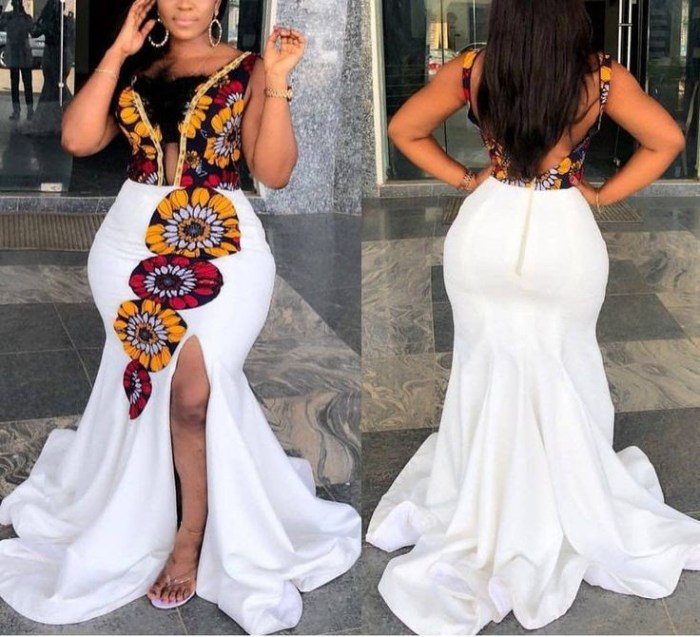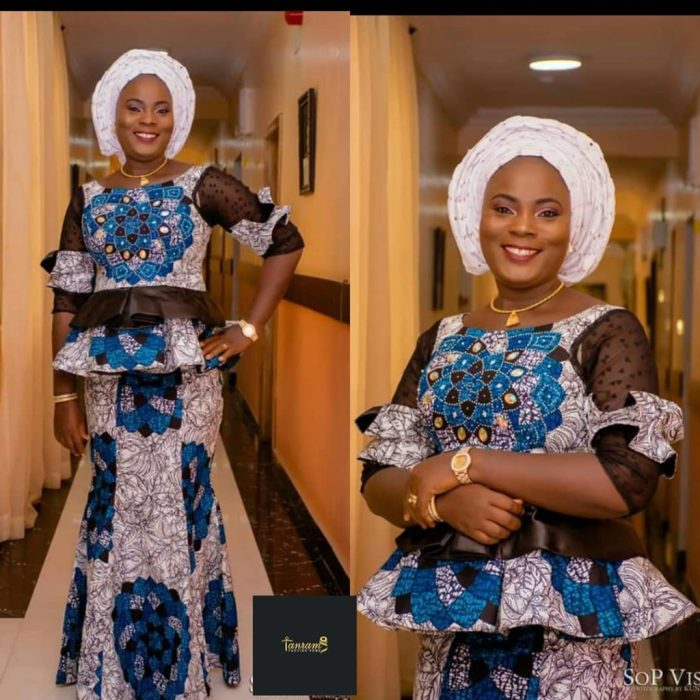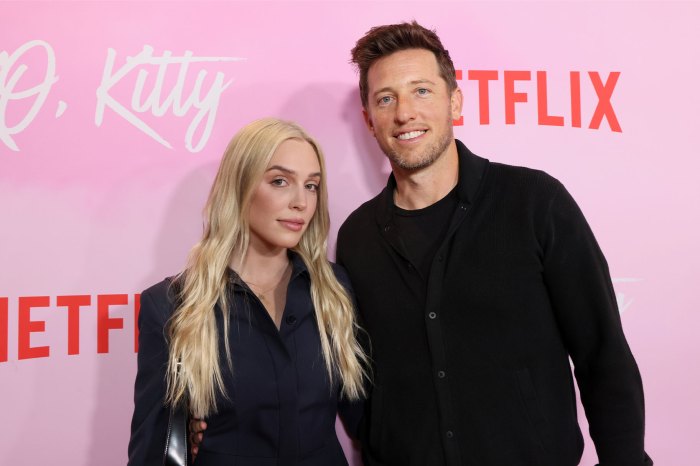African Traditional Dresses for Weddings: African Traditional Dresses To Wear To A Wedding

Source: stylevore.com
African traditional dresses to wear to a wedding – Choosing the perfect attire for a wedding is a significant decision, and when incorporating the rich tapestry of African traditional dress, the options become even more vibrant and diverse. This guide explores various styles, considerations, and accessorizing techniques to help you select an outfit that reflects your heritage and complements the wedding’s formality.
Types of African Traditional Dresses Suitable for Weddings
African traditional wedding attire showcases a stunning array of styles, fabrics, and embellishments, varying significantly across the continent. The choice depends on personal preference, the specific wedding, and cultural background.
Ghanaian Kente cloth, known for its vibrant colors and intricate weaving patterns, is often used in elegant dresses and wraps. Nigerian Aso-Oke, a richly textured fabric, lends itself to sophisticated styles, including flowing gowns and fitted blouses with matching skirts. South African attire frequently incorporates bold prints and intricate beadwork, often seen in stunning maxi dresses or elegant jumpsuits.
Kenyan styles often feature Maasai-inspired designs, utilizing bright colors and geometric patterns in flowing robes or beautifully tailored dresses.
Common fabrics include Ankara, a versatile printed cotton; Kente, a handwoven silk and cotton blend; and Aso-Oke, a richly textured woven cloth. Embellishments such as beadwork, embroidery, and intricate detailing add to the elegance. Headwraps, often elaborately styled, are a significant accessory, adding a touch of cultural significance and sophistication.
| Dress Style | Origin | Fabric | Suitable Wedding Occasion |
|---|---|---|---|
| Kente Gown | Ghana | Kente Cloth | Formal Wedding, Traditional Ceremony |
| Aso-Oke Iro and Buba | Nigeria | Aso-Oke | Formal Wedding, Traditional Ceremony, Engagement Party |
| Beaded Maxi Dress | South Africa | Various (often incorporating beads) | Formal or Semi-Formal Wedding |
| Maasai-inspired Robe | Kenya | Cotton, Silk blends | Informal or Semi-Formal Wedding, Garden Party |
Choosing a Dress Based on Wedding Formality

Source: staticflickr.com
The formality of the wedding significantly influences dress selection. Formal weddings, often held in churches or upscale venues, call for more elaborate and sophisticated styles. Informal weddings, such as beach or garden ceremonies, allow for more relaxed and flowing designs. Daytime weddings generally favor lighter fabrics and brighter colors, while evening receptions allow for richer fabrics and deeper hues.
A church wedding might necessitate a more modest and elegant gown, while a beach wedding allows for a flowing, lighter-weight dress. A garden wedding could accommodate a more whimsical and romantic style.
Accessorizing African Traditional Wedding Attire, African traditional dresses to wear to a wedding
Accessories play a crucial role in completing the look. Jewelry choices should complement the dress’s colors and embellishments. Traditional African hairstyles and headwraps are significant, adding a cultural touch and enhancing the overall aesthetic. Modern accessories can be incorporated tastefully, maintaining the authenticity of the traditional dress.
- Statement necklaces and earrings for bold prints
- Delicate jewelry for intricate beadwork
- Matching handbags and shoes in complementary colors
- Elegant headwraps in coordinating fabrics
- For larger body types, consider A-line silhouettes and flowing fabrics
- For smaller body types, fitted styles can be flattering
Color and Pattern Selection for Wedding Attire
Color holds significant cultural meaning in various African traditions. Certain colors are associated with joy, prosperity, or spirituality, making them appropriate for weddings. Color palettes should complement skin tones and dress styles. Patterns and prints add visual interest and reflect cultural heritage.
A mood board for wedding attire might feature a combination of rich jewel tones (emerald green, sapphire blue, ruby red) paired with gold accents for a luxurious feel. Alternatively, a palette of sunny yellows, vibrant oranges, and earthy browns could create a warm and celebratory mood. Geometric patterns can be paired with solid colors, or various prints can be combined for a more eclectic look.
Choosing the perfect outfit for a wedding is crucial, and African traditional dresses offer stunning options for women. For the men attending, finding the right attire is equally important; you might find inspiration for a dapper look by checking out options for a wedding reception dress for male. Returning to the women’s attire, the vibrant colors and intricate designs of African traditional dresses make them a particularly memorable choice for a wedding celebration.
The key is balance and cohesion.
Modern Interpretations of Traditional Dresses
Modern interpretations of traditional African dresses blend classic styles with contemporary design elements. Traditional fabrics and patterns can be incorporated into modern silhouettes, such as sleek gowns or jumpsuits. Modern tailoring techniques can enhance the fit and drape of the garment. The use of modern fabrics, like luxurious silks or breathable linens, can add a touch of sophistication while maintaining cultural relevance.
A modern interpretation might involve a traditional Ankara print fashioned into a fitted mermaid-style gown, showcasing both cultural heritage and modern design. Another example could be a Kente cloth used in a structured blazer paired with tailored trousers, offering a contemporary yet culturally significant ensemble. Modern tailoring techniques, such as princess seams or structured shoulders, can be incorporated without losing the essence of the traditional design.
The use of high-quality, modern fabrics enhances the overall look while maintaining breathability and comfort.
Detailed FAQs
How do I determine the appropriate length for my traditional African wedding dress?
Dress length depends on the formality of the wedding and your personal preference. Floor-length dresses are generally considered more formal, while knee-length or midi-length dresses are suitable for less formal events. Consider the venue and time of day as well.
Can I rent an African traditional dress instead of buying one?
Yes, renting is a viable option, especially if you only plan to wear the dress once. Many boutiques and online platforms specialize in renting traditional African attire. This allows you to experience the beauty of the garment without the long-term commitment of ownership.
What if my body type isn’t typically represented in traditional African dress designs?
Many tailors can adjust traditional designs to flatter various body types. Don’t hesitate to discuss your preferences and measurements with a tailor to ensure a comfortable and flattering fit. Modern alterations can seamlessly incorporate traditional elements while emphasizing your figure.




